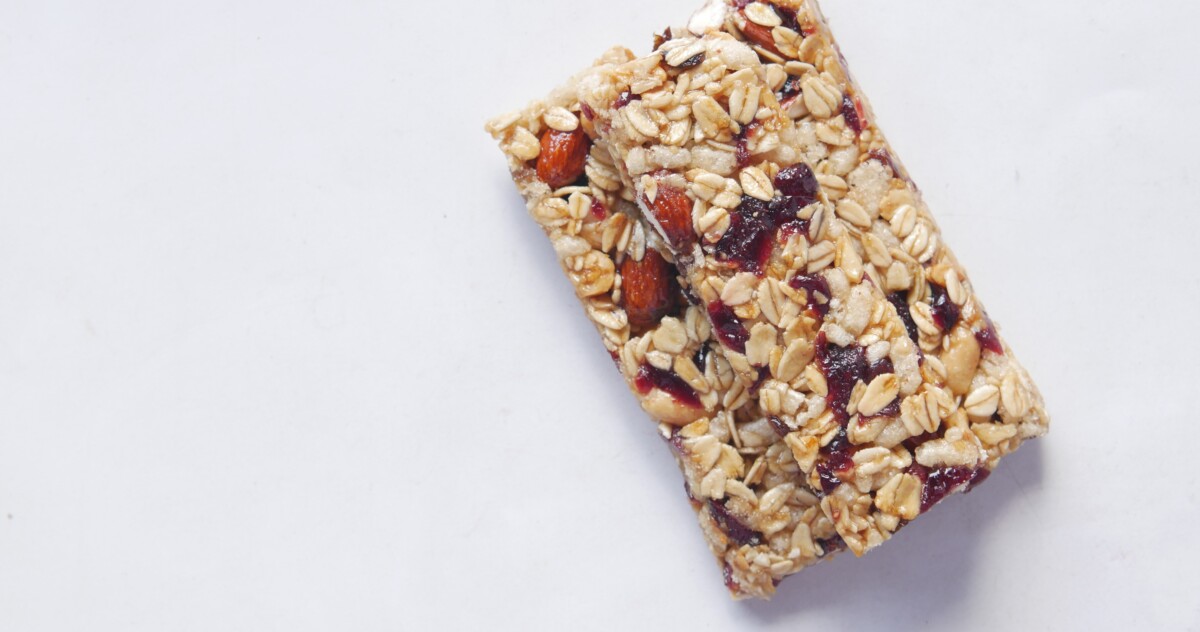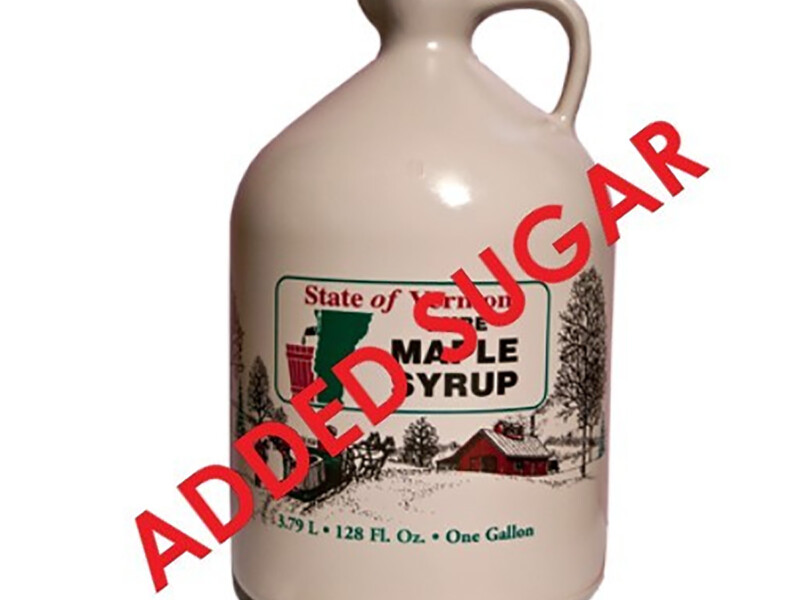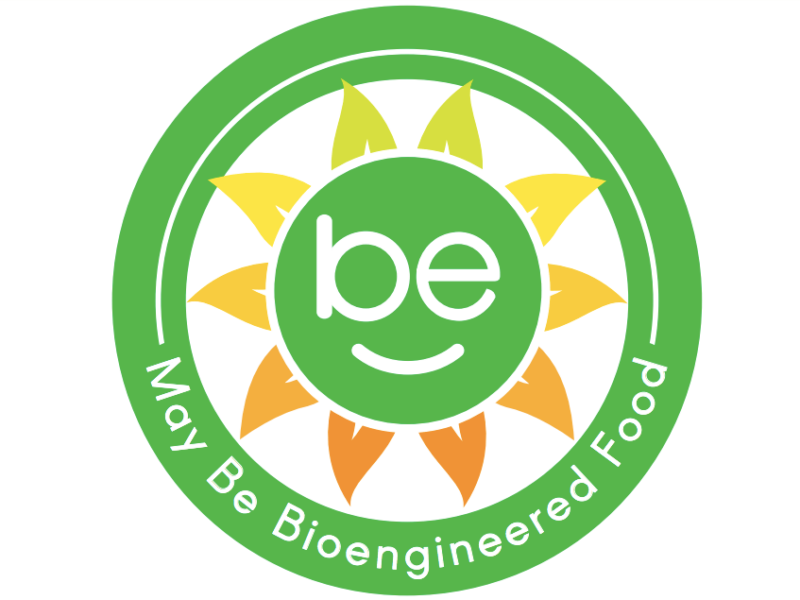
KIND bars are able to re-claim their “all-natural” reputation after a New York federal court dismissed what was a long-running, multi-plaintiff complaint last week. We’ll keep watch to see if this signals a slowing of the wave of “all-natural” food-label claims that have plagued food producers for almost a decade. We would be glad to see this case mark a downward trend in the proliferation of difficult, expensive, and in some cases, viability-threatening litigation over food labeling.
KIND’s troubles started in 2015 when the FDA issued a warning letter to KIND questioning the “healthy and tasty” claims on its label. The FDA considered “healthy and tasty” a nutrient-content claim and determined that the high levels of saturated fat present in KIND bars exceeded the FDA’s requirements for labeling food “healthy”. KIND, in response, argued that some foods high in saturated fat, such as almonds, avocados, and salmon are considered healthy despite their saturated fat content.
However, before a resolution could be reached between KIND and the FDA, a plethora of fill-in-the-blank Plaintiff’s lawsuits were filed against KIND in multiple jurisdictions. The plaintiffs in those cases claimed that KIND products contained little nutritional value, high levels of saturated fat, genetically modified ingredients, and synthetic or other non-natural ingredients. Plaintiffs in the duplicate lawsuits claimed that that KIND’s labels were, as a result, misleading to consumers. When the FDA signaled that it was ready to define the word “natural” and that it was about to start work on defining genetically modified (bioengineered) organisms, the parties in the various suits suspended litigation and awaited the FDAs determinations.
The FDA ultimately declined to define “natural”, finding, in part, that the multiplicity of consumer interpretations of the word made the word virtually meaningless in consumers’ eyes.
And, in an ironic twist, the FDA withdrew its objections to the KIND labels (remember that the FDA’s objections were the spark that started the litigation engine) in April of 2016, conceding that its “regulations concerning nutrient content claims are due for a reevaluation in light of evolving nutrition research,” but this didn’t stop the swelling litigation. The KIND plaintiffs in several states, including California, Florida and New York, sought to lift the stays on the lawsuits in 2018 and then moved to certify classes of plaintiffs — creating class actions — in 2020. The cases were consolidated before the US District Court for the Southern District of New York, a court known for hearing food-labeling cases.
Last week, Southern District of New York Judge Naomi Reice Buchwald put an end to this saga, ruling in favor of KIND, LLC. The Court found that the plaintiffs failed to show that there exists a uniform, generally-accepted term for the word “natural” that defines consumers’ expectations. In fact, the plaintiffs’ own evidence showed that consumers all hold different views on what the term “all natural” means. Plaintiffs, said the court, were setting a shifting standard that Defendants could not be expected to meet:
“Defendant cannot be held liable because it has failed to adjust its labeling to hit the moving target of counsel’s various solicited understandings of ‘all natural. Nor can [the] defendant be held responsible for a host of possible, even if potentially reasonable, consumer beliefs about the meaning of ‘all-natural.’ Such multiplicity distorts the reasonable consumer standard.”
This is a welcome ruling for food producers, but what this means for future food-labeling litigation around “natural” claims remains to be seen.




